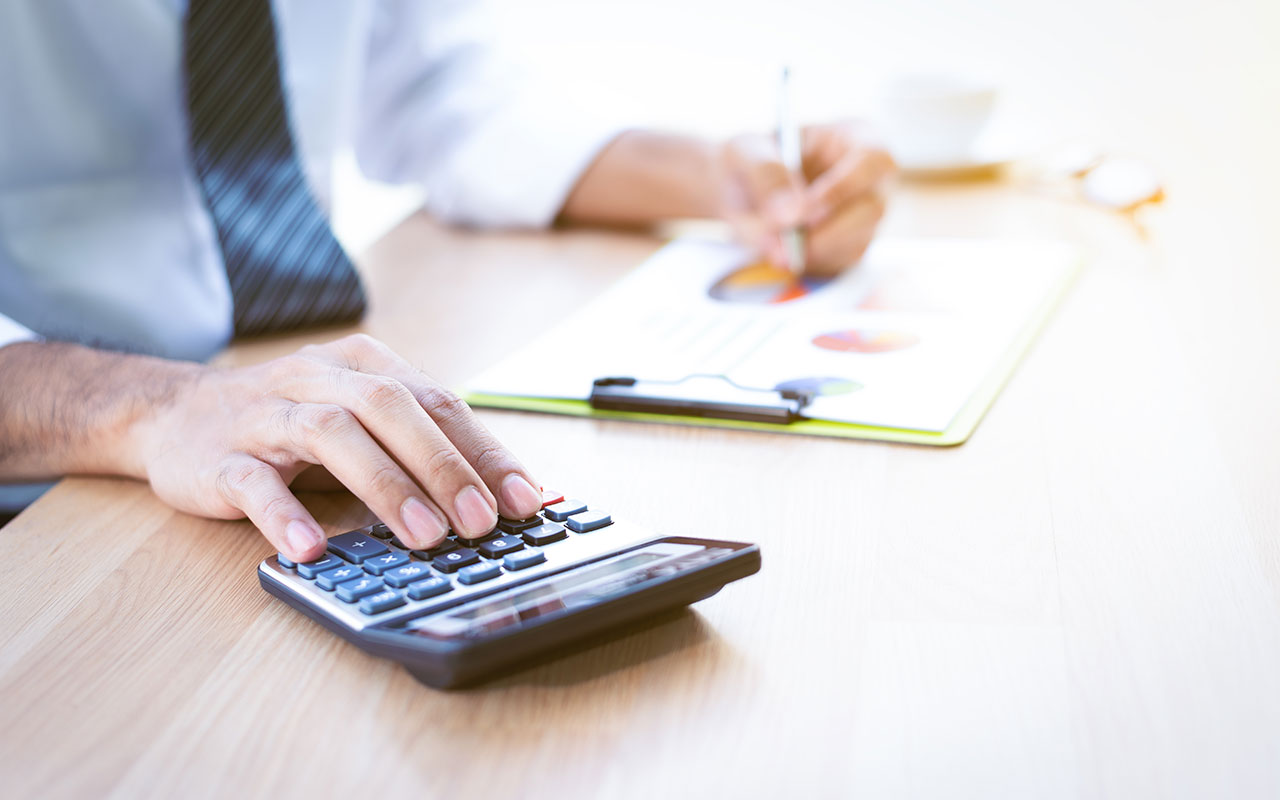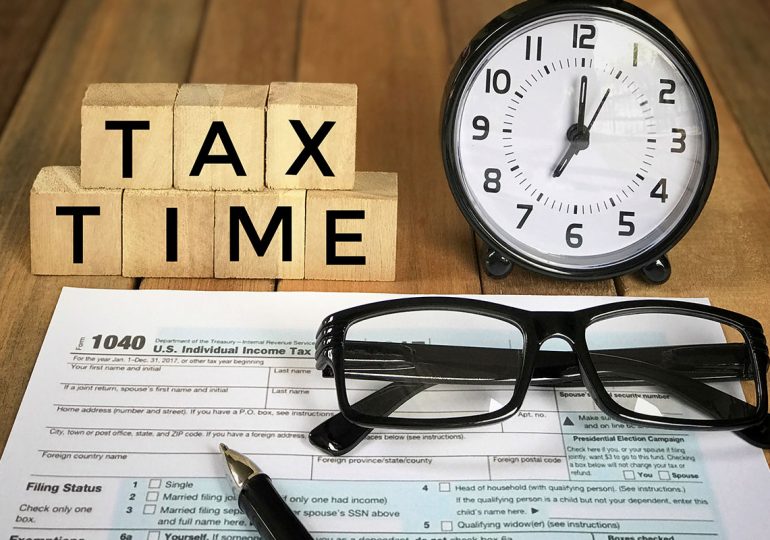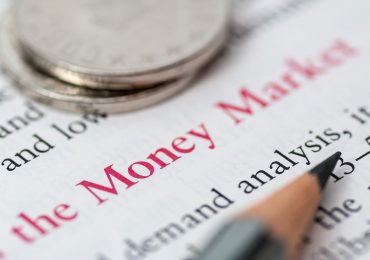Experts argue that taxation for the rich should be higher
According to the latest report from Oxfam, the 26 richest people in the world currently have the same wealth as the poorest half of the world, numbering 3.8 billion people.
According to one of the key participants in the WEF summit, executive director of Oxfam International, Vinni Bianima, it is “morally outrageous” that several wealthy people accumulate a growing share of international wealth, while the poor are struggling to eat something or pay for their drugs baby She also added that if this inequality between the elite and the rest of the world continues, it will lead to a complete collapse of the social and democratic structure.
Here are some more conclusions from the Oxfam report, which is based on publicly available data sources, including information from Credit Suisse Wealth and the Forbes annual list of billionaires: First, while in the poor strata of the Indian population in 2018, the increase in wealth was only 3%, 1% of the well-off people became 39% richer and now own 51% of the country’s wealth. Secondly, inequality around the world also has a huge gender bias. So, for example, according to Oxfam, the paid work done by Native American women brings them less earnings due to the existing wage gap. Moreover, since 2006, India has dropped by 10 points in the WEF global index of gender differences to 108th place in 2018, far below the world average and lags behind China and Bangladesh. In addition, women worldwide generally earn 23% less than men. The latter not only own 50% of the most wealth, but also control 86% of corporations. The number of billionaires almost doubled after the financial crisis, and a new billionaire is created every two days between 2017 and 2018.
Taxation for the rich should be applied more strictly
The study claims that in some countries, such as Brazil and the UK, the richest 10% pay a lower tax rate than the poorest 10%. This is proved by the fact that in these states there is a high level of tax evasion. According to expert estimates, super-rich owners hide at least $ 7.6 trillion from the tax authorities without paying an amount of about $ 200 billion. According to Oxfam, the inability to tax prosperous people is a missed opportunity to reduce inequality.

Public services and social protection play a very important role in reducing inequality and poverty. The study cites data from more than 150 countries, both rich and poor, spanning more than three decades, which show that investments in health, education and social protection reduce the gap between secured and untenable.







